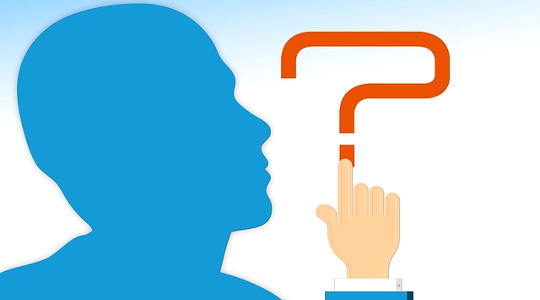 Many times, after hearing a client’s predicament, I ask them, “What’s really true for you about this?” or “What do you know when you’re feeling good?” Most of the time, an answer comes tumbling out of their mouths before doubts and “shoulds” take over.
Many times, after hearing a client’s predicament, I ask them, “What’s really true for you about this?” or “What do you know when you’re feeling good?” Most of the time, an answer comes tumbling out of their mouths before doubts and “shoulds” take over.
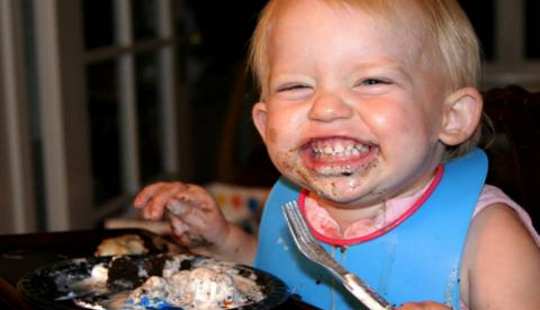 Our brains are wired to pay more attention to things that have previously brought us pleasure—a bias that may explain why it’s so hard to break bad habits or stick to New Year’s resolutions.
Our brains are wired to pay more attention to things that have previously brought us pleasure—a bias that may explain why it’s so hard to break bad habits or stick to New Year’s resolutions.
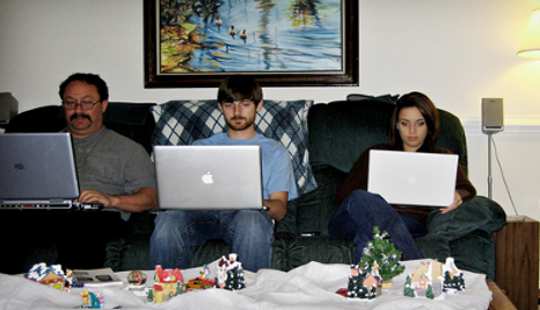 Problematic Internet Use is now considered to be a behavioral addiction with characteristics that are similar to substance use disorders. Individuals with PIU may have difficulty reducing their Internet use, may be preoccupied with the Internet
Problematic Internet Use is now considered to be a behavioral addiction with characteristics that are similar to substance use disorders. Individuals with PIU may have difficulty reducing their Internet use, may be preoccupied with the Internet
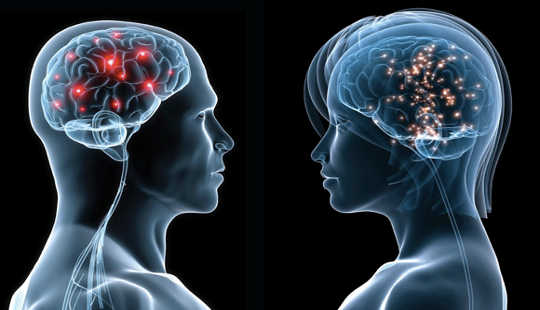 Along with just about every other aspect of real or imagined differences between the sexes, the idea that your biological sex will determine the sex of your brain – and so your behaviour, aptitudes and personality – has a long and ...
Along with just about every other aspect of real or imagined differences between the sexes, the idea that your biological sex will determine the sex of your brain – and so your behaviour, aptitudes and personality – has a long and ...
 Sweet Sara. That’s what people always used to call me. It didn’t matter where I went in the world — whether it was to visit a cousin in the Midwest, have tea with a girlfriend in Bangkok, or read a piece of fan mail from someone I’d never met before. Everyone I knew at some point arrived at “Sweet Sara” as my nickname.
Sweet Sara. That’s what people always used to call me. It didn’t matter where I went in the world — whether it was to visit a cousin in the Midwest, have tea with a girlfriend in Bangkok, or read a piece of fan mail from someone I’d never met before. Everyone I knew at some point arrived at “Sweet Sara” as my nickname.
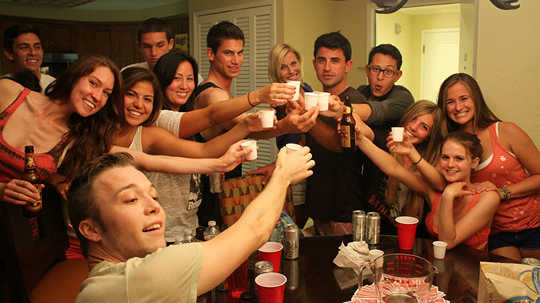 Why do we drink alcohol? And what would make us do less of it? The government has its own answers – on January 8, the chief medical officer for England, Dame Sally Davies, announced the new government alcohol guidelines. There is now no “safe” drinking level, and the recommended lower-risk maximum per week has been reduced to 14 units, for both men and women.
Why do we drink alcohol? And what would make us do less of it? The government has its own answers – on January 8, the chief medical officer for England, Dame Sally Davies, announced the new government alcohol guidelines. There is now no “safe” drinking level, and the recommended lower-risk maximum per week has been reduced to 14 units, for both men and women.

New Year’s resolutions are set with the best of intentions. But they notoriously fail to translate into lasting behavioural changes.
 Humankind is fit only to be exterminated – that might sometimes seem like the only answer to our ever-growing population, environmental degradation and the human threat to biodiversity. But if you accept it’s impossible to reconcile this with any meaningful morality, we need a new approach to how we conduct ourselves.
Humankind is fit only to be exterminated – that might sometimes seem like the only answer to our ever-growing population, environmental degradation and the human threat to biodiversity. But if you accept it’s impossible to reconcile this with any meaningful morality, we need a new approach to how we conduct ourselves.
 It's obvious that the holiday season is upon us. The idea is to thrive and enjoy during this time rather than just survive. Give yourself two great gifts for the next weeks - a lack of stress and actually celebrating the true spirit of this time of year – joy, love, and peace.
It's obvious that the holiday season is upon us. The idea is to thrive and enjoy during this time rather than just survive. Give yourself two great gifts for the next weeks - a lack of stress and actually celebrating the true spirit of this time of year – joy, love, and peace.

As we get older our physical and mental abilities decline, but it doesn’t have to be that way. Research suggests that the way we live our lives - our diets, our exercise regimes - can have a big impact on how we age. And it’s not just about the things we do to age well, it’s also about the things we avoid.
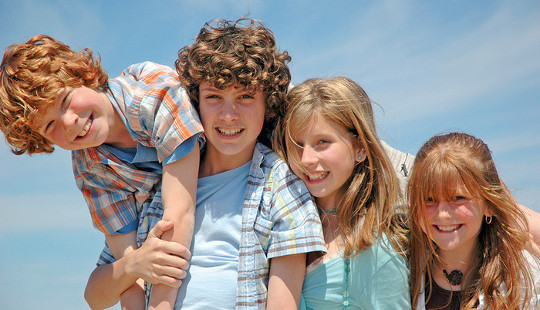 Anyone with siblings knows they can differ from us in maddening ways. They share our parents and our family history, but their personalities can be so different. Birth order offers an intuitively appealing explanation for these perplexing differences.
Anyone with siblings knows they can differ from us in maddening ways. They share our parents and our family history, but their personalities can be so different. Birth order offers an intuitively appealing explanation for these perplexing differences.
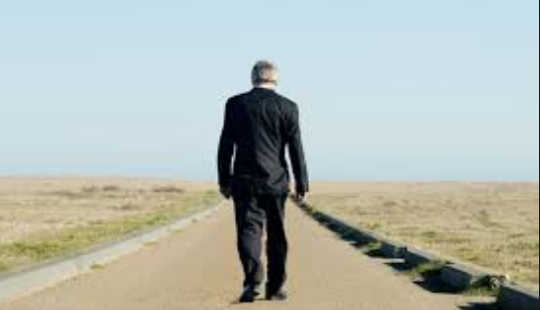 The smell of cinnamon wafts through the air. My guard is down; resistance is futile. Like a zombie, I roll my luggage across the airport food court and stand in line to pay too much for what I don’t even want, a diet-killing Cinnabon.
The smell of cinnamon wafts through the air. My guard is down; resistance is futile. Like a zombie, I roll my luggage across the airport food court and stand in line to pay too much for what I don’t even want, a diet-killing Cinnabon.
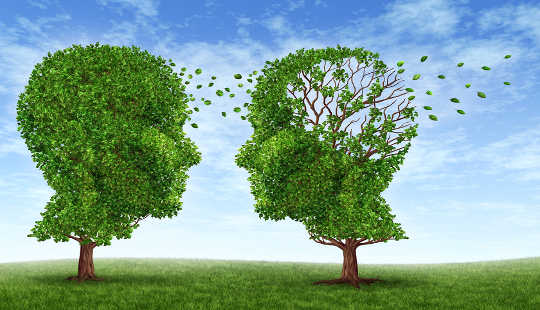 Recent media reports have raised questions over the therapy undergone by several people making allegations of historical sexual abuse against prominent public figures. In particular, it has been suggested that certain forms of therapy run a high risk of unintentionally generating false memories of sexual abuse.
Recent media reports have raised questions over the therapy undergone by several people making allegations of historical sexual abuse against prominent public figures. In particular, it has been suggested that certain forms of therapy run a high risk of unintentionally generating false memories of sexual abuse.
- By Lisa Garr
 The best advice I’ve ever heard is what I will tell you right now: When something in your life goes wrong, look for the lesson that you can learn from this event. Somewhere there is energy that is trying to teach you something.
The best advice I’ve ever heard is what I will tell you right now: When something in your life goes wrong, look for the lesson that you can learn from this event. Somewhere there is energy that is trying to teach you something.
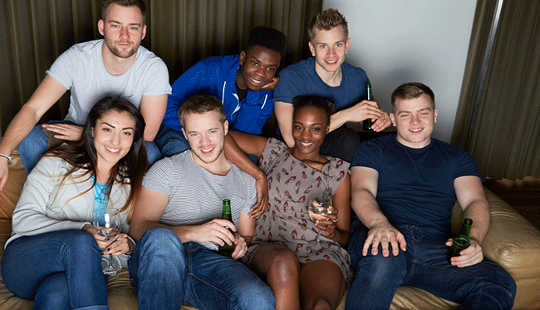 Can something as simple as watching movies—and empathizing with fictional characters—help generate more compassion and understanding in the real world?
Can something as simple as watching movies—and empathizing with fictional characters—help generate more compassion and understanding in the real world?
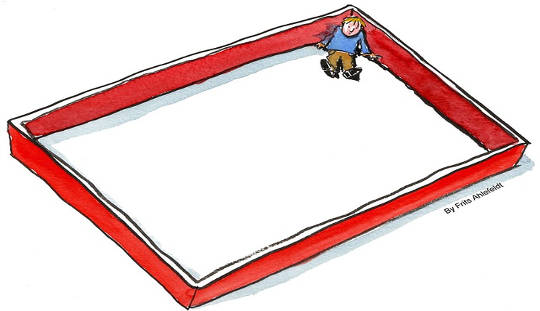 The history of our species is brutal, tragic in the cruelty we have afflicted upon one another, upon other species, and upon Earth herself. Our situation has come to a critical stage. Are there some heretofore hidden processes in us that we could activate, some homeopathic remedies for our violence that could stimulate more empathy, connectedness, and love?
The history of our species is brutal, tragic in the cruelty we have afflicted upon one another, upon other species, and upon Earth herself. Our situation has come to a critical stage. Are there some heretofore hidden processes in us that we could activate, some homeopathic remedies for our violence that could stimulate more empathy, connectedness, and love?
 Do you regret choices you’ve made, opportunities you think you’ve lost, time you see as wasted? If you’re vigorously shaking your head up and down, please stop and listen a moment. You’re succumbing to self-condemnation. When we do, we cultivate a downward-spiraling sense of self-worth...
Do you regret choices you’ve made, opportunities you think you’ve lost, time you see as wasted? If you’re vigorously shaking your head up and down, please stop and listen a moment. You’re succumbing to self-condemnation. When we do, we cultivate a downward-spiraling sense of self-worth...
- By Greg S. Reid
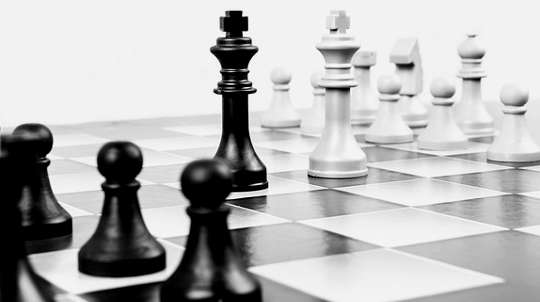 For many, the first sign of difficulties can be enough for them to become discouraged and stop doing what they intended, while others find the determination to discover another way to prevail. Rather than giving up, they look for the opportunity within the challenge—and it’s there, always.
For many, the first sign of difficulties can be enough for them to become discouraged and stop doing what they intended, while others find the determination to discover another way to prevail. Rather than giving up, they look for the opportunity within the challenge—and it’s there, always.
 No one does this conscious-living thing perfectly, so the idea isn’t to always be grounded in the present, but to be there as often as possible, certainly more often than not; know when you’re slipping out of it; and be able to bring yourself back as quickly as possible.
No one does this conscious-living thing perfectly, so the idea isn’t to always be grounded in the present, but to be there as often as possible, certainly more often than not; know when you’re slipping out of it; and be able to bring yourself back as quickly as possible.
 When children expect aggression from others, it may cause them to be overly aggressive themselves, a new study finds. While the pattern is more common in some cultures than others, a four-year longitudinal study involving 1,299 children and their parents finds it is true in 12 different cultural groups from nine countries around the globe.
When children expect aggression from others, it may cause them to be overly aggressive themselves, a new study finds. While the pattern is more common in some cultures than others, a four-year longitudinal study involving 1,299 children and their parents finds it is true in 12 different cultural groups from nine countries around the globe.
- By Stasia Bliss
 Think of the last time you ate some chocolate. Did you feel you had to sneak it? Did you eat too much and regret it afterward? Did you hog down the lot of the precious morsels? And how did you feel after your escapade? Were you able to enjoy the chocolate fully? I certainly hope so!
Think of the last time you ate some chocolate. Did you feel you had to sneak it? Did you eat too much and regret it afterward? Did you hog down the lot of the precious morsels? And how did you feel after your escapade? Were you able to enjoy the chocolate fully? I certainly hope so!
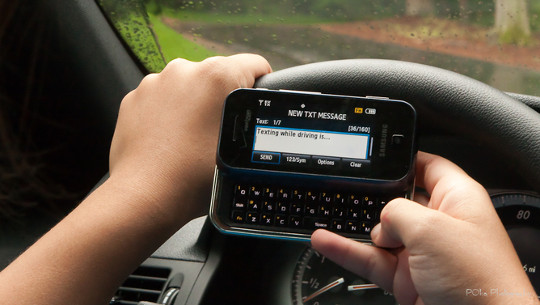 A common experience: you are walking down the street and someone is walking in the opposite direction toward you. You see him but he does not see you. He is texting or looking at his cellphone. He is distracted, trying to do two things at the same time, walking and communicating.
A common experience: you are walking down the street and someone is walking in the opposite direction toward you. You see him but he does not see you. He is texting or looking at his cellphone. He is distracted, trying to do two things at the same time, walking and communicating.
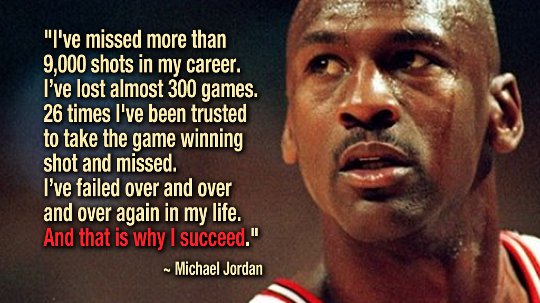 We do not teach people how to fail in our education system. The purpose of exams is to get questions correct. The people who are rewarded in school are the ones who get the best grades, not the ones who take the biggest risks or the ones who learn from their mistakes.
We do not teach people how to fail in our education system. The purpose of exams is to get questions correct. The people who are rewarded in school are the ones who get the best grades, not the ones who take the biggest risks or the ones who learn from their mistakes.













